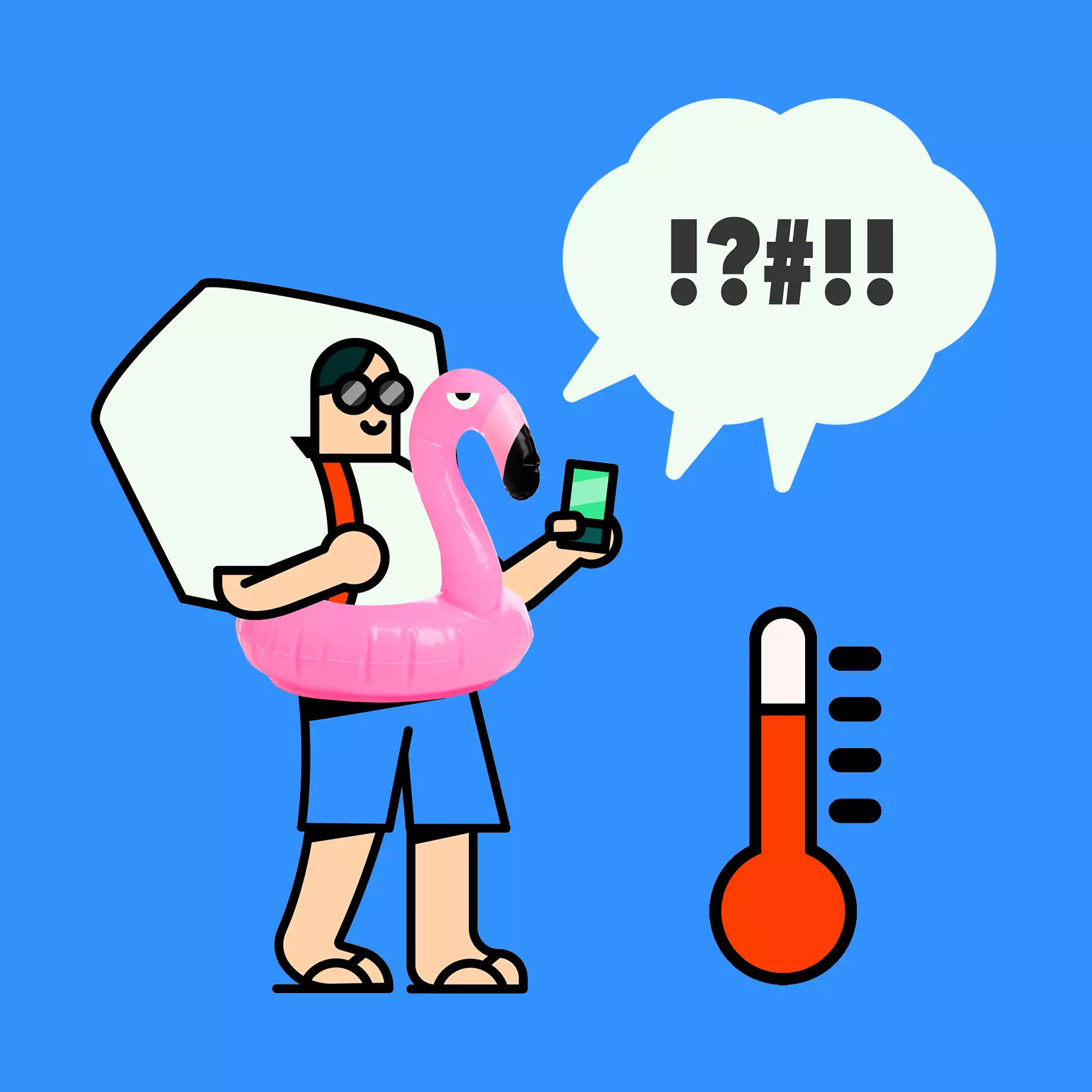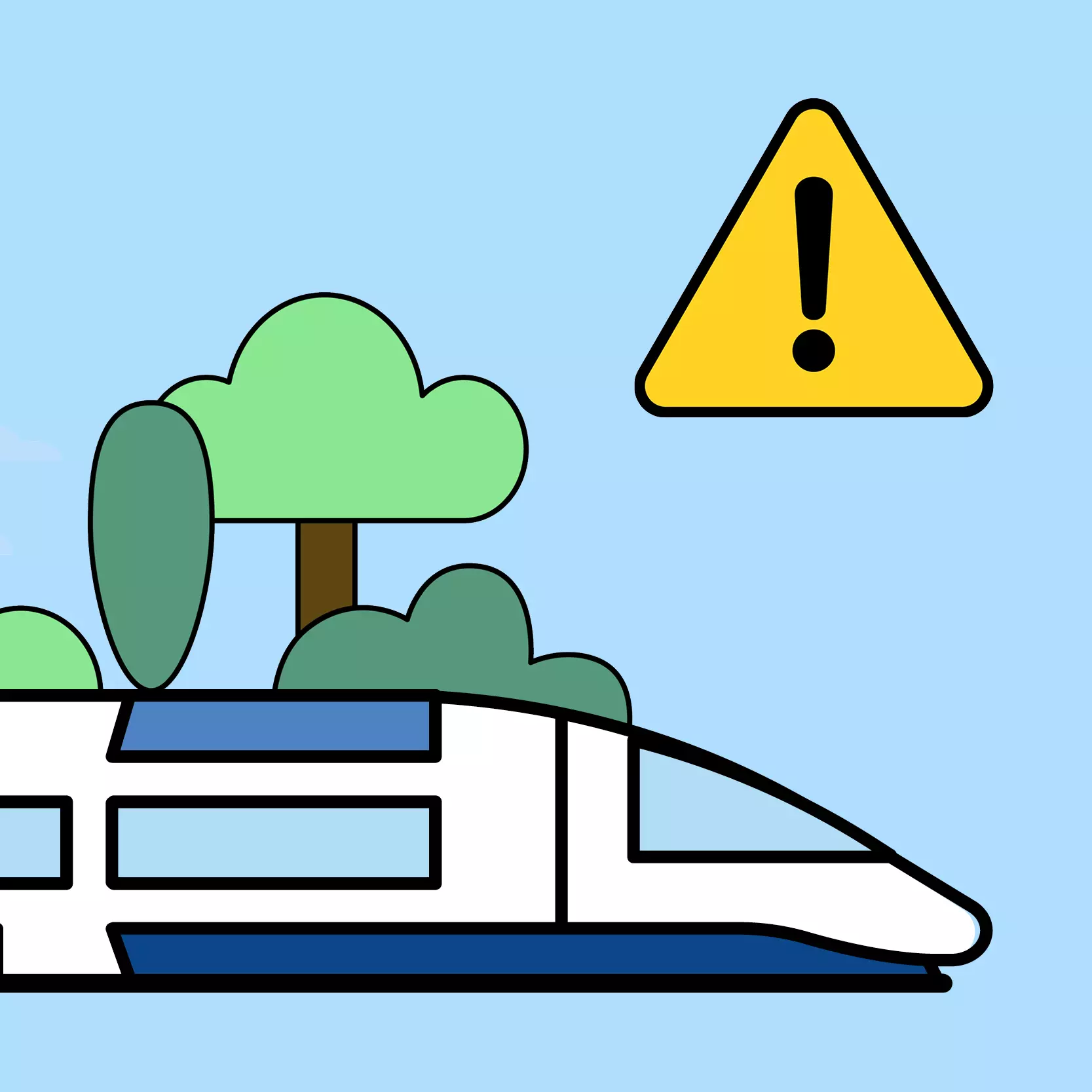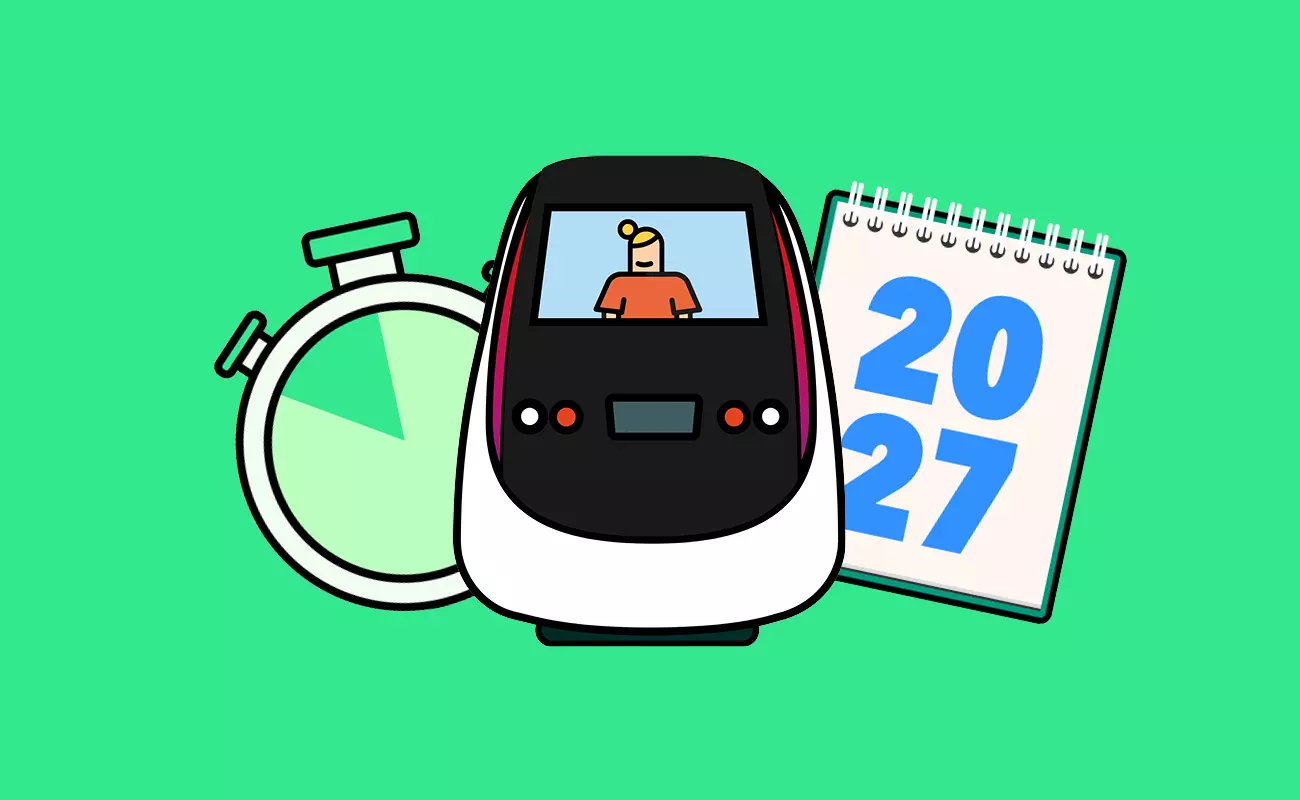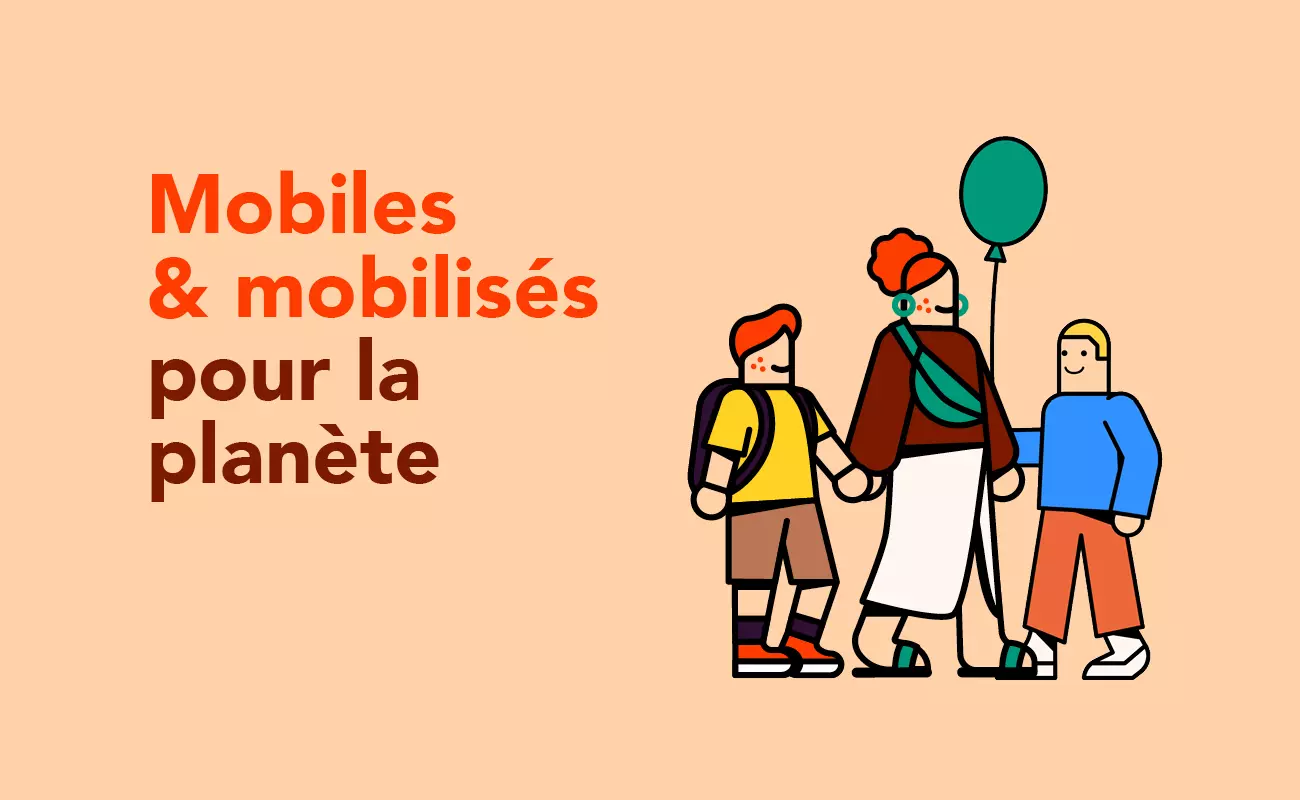CSR and Transitions Report

Adapting to climate change: let's get rolling
Adapting to climate change means anticipating and preparing our business for future climatic hazards in order to reduce their negative impact. And if the definition is broad, our scope for action is even broader.
What's the weather going to be like tomorrow?

Disruptions: weather AND traffic

Science, scenarios & elbow grease
Vulnerability studies
Header : © SNCF Voyageurs
What's the weather going to be like tomorrow? : © SNCF Voyageurs
Disruptions: weather AND traffic : © SNCF Voyageurs
Discover also : © ©SNCF Voyageurs / ©SNCF Voyageurs / ©SNCF Voyageurs


